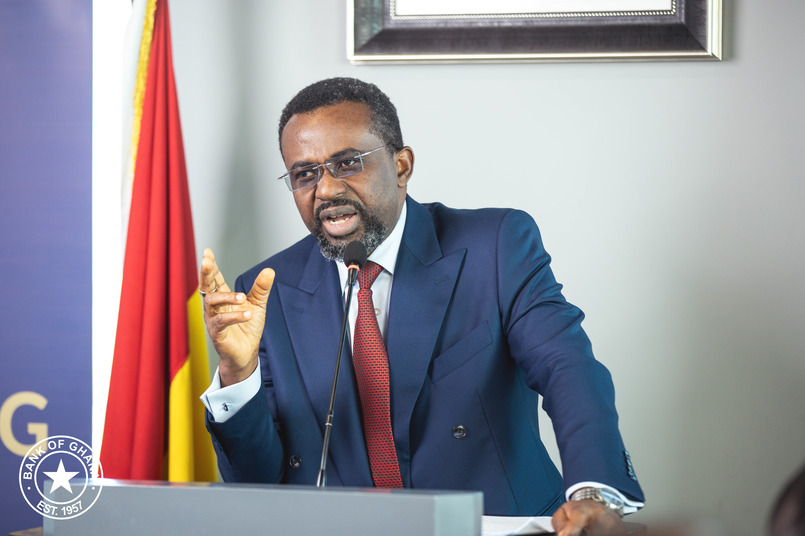The Bank of Ghana announced late Friday paused its benchmark policy rate at 28 percent amid a surging local currency and easing headline inflation.
Johnson Asiama, governor of the central bank, said during the Monetary Policy Committee (MPC) press briefing that the local Ghana cedi currency had appreciated against all the major international trading currencies since the beginning of the year.
Asiama said the cedi surged by 24.1 percent against the U.S. dollar, 16.2 percent against the British Pound, and 14.1 percent against the euro between January and May.
He said the appreciation of the local cedi is largely due to policy interventions, which helped to accumulate reserves of about 10.1 billion dollars, putting the West African country in a relatively comfortable reserve position.
“The appreciation of the cedi is largely due to the market. It is not that the central bank is using its reserves to intervene in the market. The appreciation is driven by economic policy, monetary policy, higher remittances, and inflows from international trade,” Asiama stated.
Moreover, Asiama said the country was putting in measures to make resources available for current and future debt and interest payments and building reserves continuously, which strengthens the external sector.
The governor noted that the stronger local currency also contributed to the easing of inflation cumulatively by 2.6 percentage points in the first four months of the year to 21.2 percent in April 2025.
Despite the positive signals of developments macroeconomic numbers, he said the MPC had observed that the current level of inflation remains high relative to the medium-term target of below 10 percent and would require maintaining the tight stance to reinforce the disinflation process.
“Under the circumstances, the committee, by a unanimous decision, the MPC has maintained the policy rate at 28.0 percent,” Asiama announced.
In May 2023, the West African country secured a three-year bailout package of 3 billion U.S. dollars from the International Monetary Fund to reduce inflation and currency depreciation and revive its economy.

